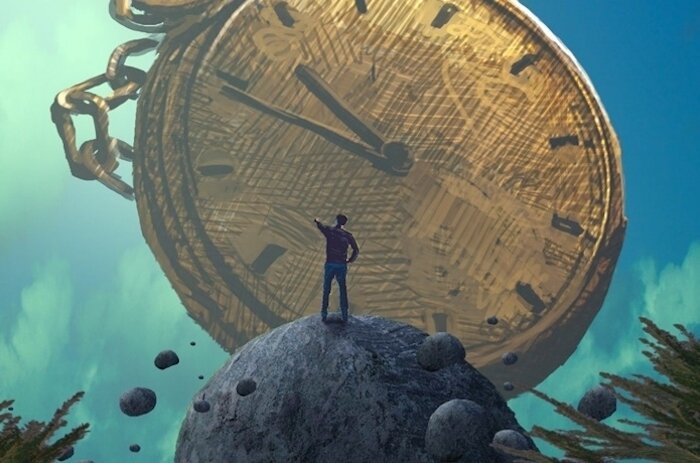As everything came to a standstill in 2020, people began to describe a stronger connection with nature. We felt the bonds between the physical, biological and social tighten around us. Reflecting on a new UN paper Human Development and the Anthropocene, Belinda Reyers from the Stockholm Resilience Centre said:
“Cascading crises like the coronavirus pandemic show that in our hyperconnected, rapidly changing world, environment and human development are no longer separate or separable. They are deeply intertwined”.
That we are wholly dependent on a larger, more powerful and complex organism than our own is a humbling thought that may take years to sink in. As filmmakers, we have a responsibility to help process this and tell stories that embrace this fact of life.
Koyaanisqatsi (1982), with a poignant soundtrack by Philip Glass and no dialogue, is one of the more poetic tributes to the Anthropocene built in our honour. But to communicate new direction and hope for humanity, maybe we need a more empathetic and grounded response?
Temujin Doran’s Sum (2015), a uniquely simple tale from the afterlife, reflects the beautiful and absurd ways that we experience our time on earth. Cloud Atlas (2012) is another meditation on the unseen forces that bind our world. My Octopus Teacher (2020) depicts a valuable healing process that we can all learn something from.

